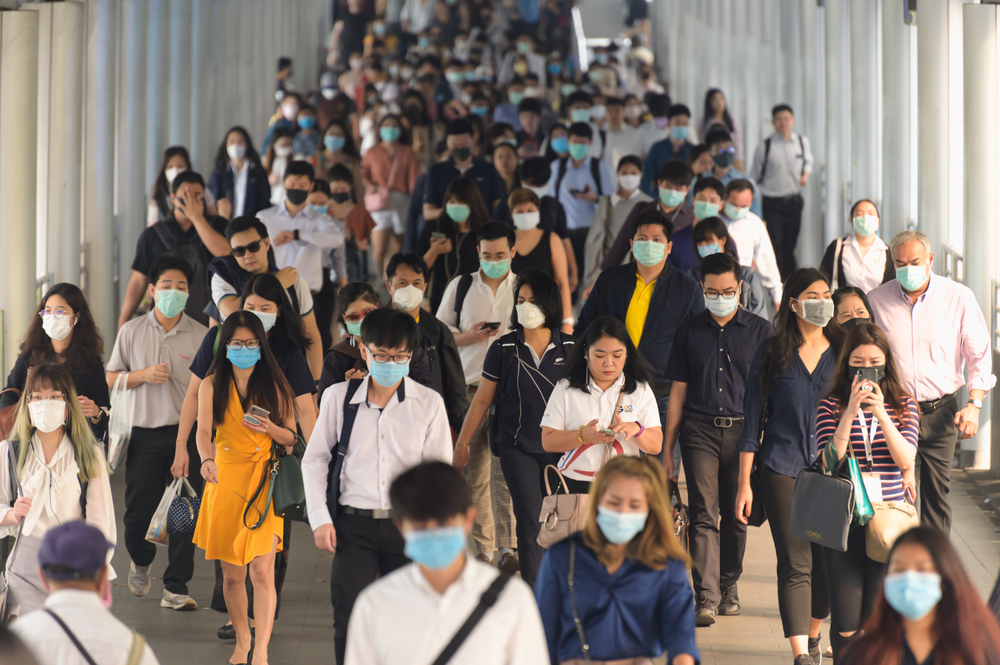Medical Channel Asia presents the weekly Asian medical news bulletin, bringing you essential healthcare news from across the region.
This week, we cover the improvements in facilities in the Philippines and in Singapore, and in Indonesia, preparations to allow foreign medical specialists to practice in the country.
Philippines
The House of Representatives in the Philippines is moving forward with a bill that mandates the creation of specialty centres in selected hospitals across the country to provide specialized health services to the public. Under the direct supervision and control of the Department of Health (DOH), these centres will address specific conditions and offer specialized procedures for cases needing unique training and equipment.
The DOH has urged the COVAX Facility to extend the Philippines’ time to enter into a contract regarding the bivalent COVID vaccine donation to the country. Previously, The Philippines has expressed interest in receiving these vaccines and is working with various government agencies to complete the specific contracts required by the COVAX Facility. The DOH plans to intensify its information campaign about the importance of vaccination. Currently, 69% of the estimated 9.5 million unvaccinated Filipinos still refuse to get vaccinated. Despite a slight increase in COVID cases, hospital admissions remain manageable, with severe and critical cases, deaths, and healthcare utilization rates remaining low.
Singapore
Singapore plans to increase hospital capacity and enhance public health research capabilities for future health crises. The government will start a Communicable Diseases Agency to merge functions and implement new laws with four tiers. This will replace the current Disease Outbreak Response System Condition (Dorscon) colour coding. Moreover, private transitional care facilities will continue as a medium or long-term feature of the system. Furthermore, The Ministry of Health will maintain a network of vaccination centres to provide booster shots and secure early access to vaccines against other potential pathogens.
Thailand
Thai officials have located a missing metal cylinder containing Caesium-137, a radioactive substance, that disappeared from a steam power plant in Prachinburi province on March 10. The cylinder was discovered at a recycling foundry 10 kilometers away, within bags of furnace dust from the smelting process. Health officials have checked local hospitals for the past month to determine if any patients had shown symptoms from radiation exposure. The authorities conducted health checks on employees and nearby residents, and suspended work at the plant. Prolonged exposure to Caesium-137, which can cause harm to the blood and nervous systems, can lead to seizures and death.
Malaysia
Dr Zaliha Mustafa, Malaysia’s Health Minister, has stated that regardless of race, ethnicity, or dress code ethics, every patient must be given treatment. This follows a recent viral incident in which a woman was denied access to a government health facility due to improper attire. It is crucial for medical practitioners to uphold ethics and fulfil the Hippocratic Oath. The oath states to help all patients to the best of their ability. Reports of people being denied entry into government buildings due to attire have been shown in local media.
Vietnam
The Ministry of Health in Vietnam aims to eliminate malaria by 2030. While the National Programme on Malaria Prevention and Control has gotten some success, 6.8 million people remain at risk. This is due to drug-resistant malaria, chemical-resistant mosquitoes, population movement, and modest resources. Dengue fever cases reached 360,000 in 2022, leading to 100 deaths. Efforts to control parasitic diseases included deworming 12.8 million children aged 24 – 60 months, primary school students, and women of reproductive age.
Indonesia
Indonesian President Joko Widodo announced that foreign medical specialists will be permitted to practice in the country. Parliament is currently processing the legislation that would permit foreign doctors to work in hospitals owned by foreign investors. They hope this will lead to knowledge transfer to local colleagues. Additionally, Foreign doctors must undergo an adaptation programme at an Indonesian health facility before starting professional work. Also, the aim is to improve healthcare quality and accessibility in Indonesia. Concurrently, it hopes to reduce the number of Indonesians seeking treatment in other countries.














